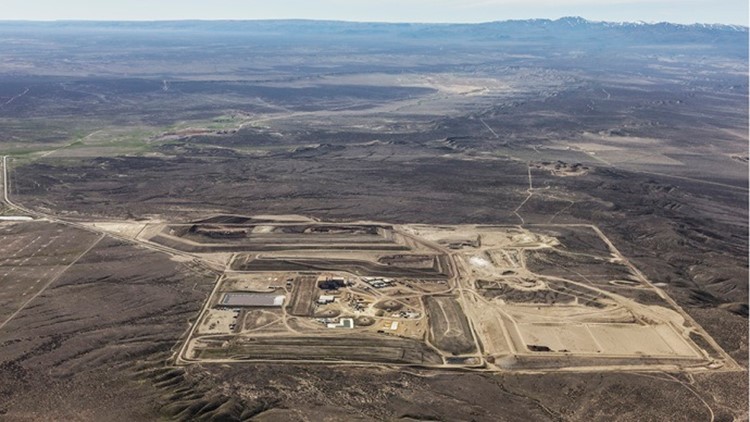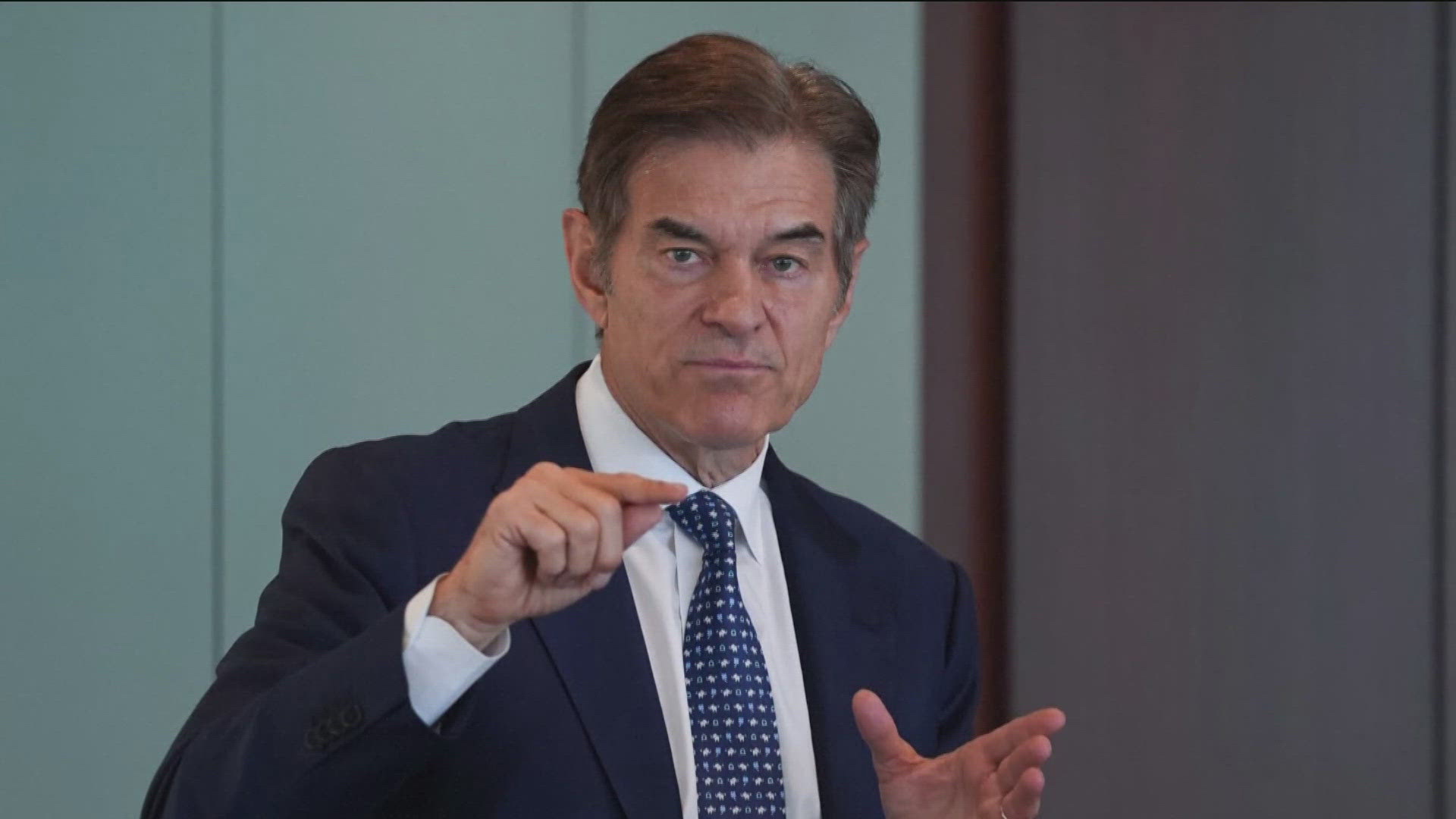BOISE, Idaho — U.S. officials have released the latest plan to send low-level radioactive waste to Idaho from a South Carolina facility that converts enriched uranium into fuel for nuclear reactors.
The Nuclear Regulatory Commission in a notice published Friday signed off on sending the material from Westinghouse Electric Company's Columbia Fuel Fabrication Facility in South Carolina to US Ecology Idaho's waste storage facility near Grandview, about 60 miles south of Boise.
It's the latest in a series of public notices released by the Nuclear Regulatory Commission. It slightly alters a previously approved plan from December and issues an exemption allowing the transfer of the waste.
In all, the waste includes an estimated 5,200 cubic yards of sludge and debris generated from uranium recovery and is contaminated with low enriched uranium.
The amount of sludge would fill about 430 dump trucks. The sludge would be mixed with cement and sent to Idaho by truck and rail car.
The waste also will include about 525 obsolete steel cylinders used to transport nuclear fuel. The cylinders would be compacted.
The Nuclear Regulatory Commission approved the waste transfer following an environmental study.
US Ecology has a permit from Idaho to receive low-level radioactive waste. But the commission has not licensed the company's waste storage facility, so the federal agency signed off on an exemption to allow US Ecology to take the material.
Westinghouse in 2018 signed a consent agreement with the South Carolina Department of Health and Environmental Control that included cleaning up some of the toxic waste at its facility, which began operating in 1969. Investigations have found work at the site has led to groundwater contamination in the area, concerning residents.
Westinghouse's facility is one of three nuclear fuel fabrication plants processing low-enriched uranium that is licensed by the Nuclear Regulatory Commission. The other facilities are in Richland, Washington, and Wilmington, North Carolina.
The U.S. has just under 100 commercial nuclear power plants, producing about 20% of the nation's energy.
Idaho has an agreement with the U.S. Department of Energy from the 1990s that prevents spent nuclear fuel from those plants from being sent to the state for storage.
The waste coming to US Ecology's Idaho facility is not spent nuclear fuel but waste generated during the production of fuel.
US Ecology takes in contaminants such as arsenic, lead, zinc, cadmium and other metals that the U.S. Environmental Protection Agency has deemed hazardous and converts them to residues that aren't hazardous, minimizing the long-term risks of disposal.
An explosion at the Idaho facility in 2018 killed one worker and injured three others. Officials said a chemical reaction created a steam explosion, destroying a building where hazardous waste was being treated.



